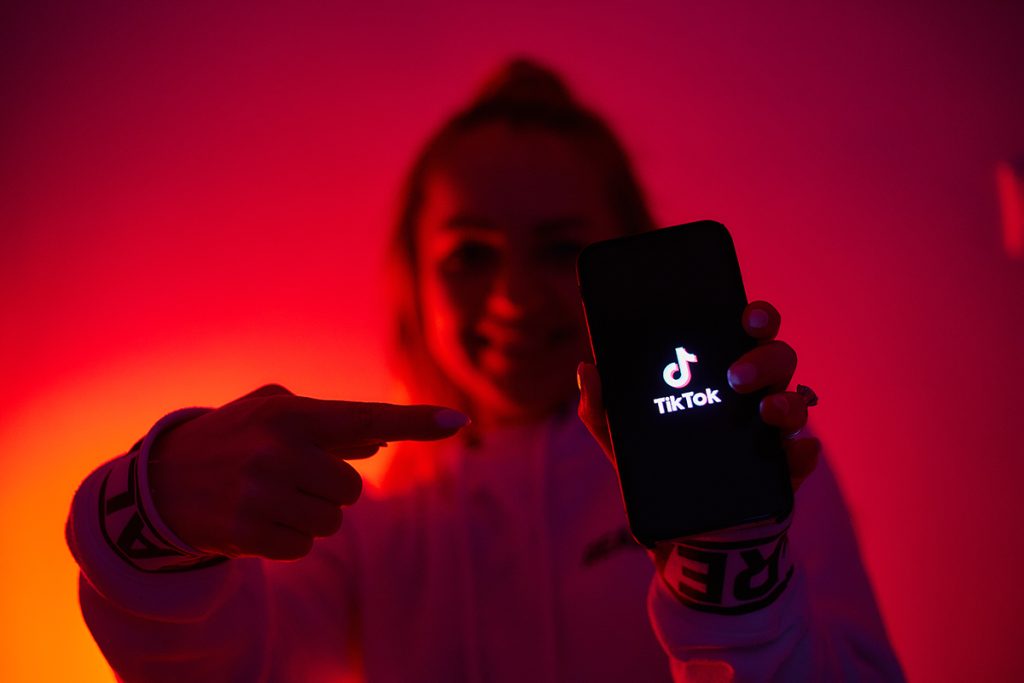TikTok is at a critical crossroads as it faces the possibility of a US ban. Today, the popular social media app, used by 170 million Americans, will have just 15 minutes to persuade a federal appeals court to reject a law that could remove the app from personal devices across the United States. The law, signed by President Joe Biden, could take effect as soon as January and requires TikTok’s parent company, ByteDance, to sell the app to a non-Chinese company.
The Law Behind the Ban
The US law that threatens TikTok’s future was fast-tracked through Congress earlier this year. It stems from concerns that ByteDance, based in China, could be forced by the Chinese government to share data on American users. The law seeks to address these fears by mandating that ByteDance divest from TikTok, effectively cutting off the app’s ties to China. The deadline for compliance is January 19, 2024, creating a narrow window for TikTok to challenge the legislation.
TikTok has taken the legal route, arguing that the law infringes on First Amendment rights. The company claims the ban would stifle the freedom of speech and access to information for its US users. Furthermore, TikTok maintains that the law is unnecessarily extreme and that there are other ways to address concerns about its connection to China.
The Court Hearing
In an expedited legal process, the case bypasses federal district courts and goes straight to the US Court of Appeals for the District of Columbia Circuit. A three-judge panel, consisting of judges appointed by former Presidents Obama, Trump, and Reagan, will hear the case. TikTok and its creators, who are also involved in the lawsuit, will have a combined 15 minutes to make their argument. The Biden administration, representing the government’s stance, will have 25 minutes to explain why a ban or forced sale is necessary.
The key issue the judges must decide is whether the risk of potential Chinese spying via TikTok justifies the federal government’s actions, particularly when those actions may infringe on Americans’ free speech. The court’s decision, expected in the coming weeks, could set a precedent for how national security concerns interact with digital rights and online platforms.
Concerns Over Chinese Influence
The push for a TikTok ban is rooted in growing concerns over China’s influence on the app. US officials worry that ByteDance could be pressured by the Chinese government to hand over sensitive user data. TikTok has been in the spotlight since it first launched in the United States in 2017, with critics pointing to its ties to China as a potential security risk. Despite these concerns, there has been no proven evidence of Chinese exploitation of TikTok’s data.
To address national security concerns, TikTok introduced an initiative called Project Texas. This plan aims to move US user data onto servers controlled by Oracle, an American tech company, and create organizational barriers between TikTok and ByteDance. However, US officials abandoned this agreement, claiming it would be difficult to detect any violations.
Technical and Political Roadblocks
ByteDance has stated that separating TikTok from its parent company would be technologically impossible. The app relies on software code built by ByteDance, and transferring this code to a new company would be unfeasible. Additionally, the Chinese government has signaled its opposition to any sale of TikTok. China’s export control laws, introduced in recent years, prevent the transfer of certain software algorithms, including TikTok’s powerful recommendation engine, which is a core feature of the app.
Independent cybersecurity experts acknowledge that the possibility of Chinese spying through TikTok is plausible, but emphasize that it has yet to be proven. TikTok, for its part, has argued that the US law unfairly singles it out due to its foreign ownership, while other social media platforms face similar privacy and content-moderation issues.
The Broader Implications
The court’s decision will have significant consequences, not just for TikTok but for the broader landscape of digital speech in the US. If the law is upheld, it could signal a new era of government regulation over foreign-owned digital platforms. For TikTok, failure to block the law could mean the end of its current form in the United States, as it would be forced to find a new owner or face an outright ban.
With the hearing now underway, TikTok’s future in the US hangs in the balance, and the next few weeks will determine whether it survives the escalating legal and political pressures.


